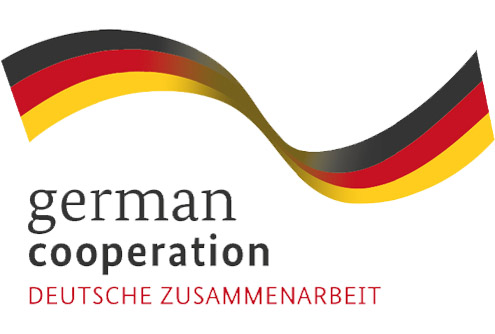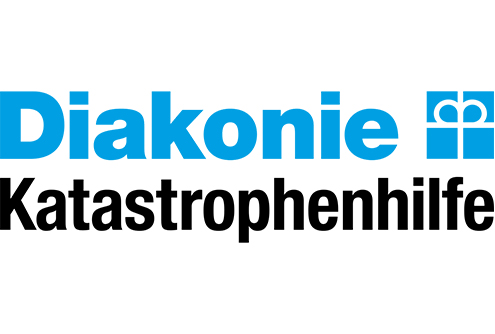Facilitate and advocate for localisation
Civil society organisations (CSOs) engage in local and national risk-informed planning processes. While local-level development planning aims to capture, understand, plan and manage local aspects of various sectors, the development agenda for each sector is determined by sectoral policies and investment decisions which are typically made by national and state governments.
Risk information cuts across all sectors, and by extension, the government departments, ministries and private agencies associated with them. Development plans at national and regional levels can be sectoral or cross-sectoral.
Broadly speaking, the sectoral plans of a national or state government aim to bring growth for a given sector, to cater for the requirement of individuals and communities (i.e. physical and social requirements in terms of resources or service provision); generate employment and livelihood opportunities; ensure the flow of money in the supply chain; and generate revenue.
CSOs operating at national and regional levels can help drive the agenda of localisation. They can engage with national and regional decision makers to facilitate, promote and advocate for:
- Policies and legislation that support community-led risk-informed development planning processes
- Policies and legislation that orientate planning departments and agencies to support community-led risk-informed development planning
- Policies and legislation that integrates community-led risk-informed development planning into other legal documents of planning (e.g. city development plans or master plans)
- Policies and legislation that integrates community-led risk informed development planning into sectoral plans
- The integration of findings and outcomes of local level risk-informed development plans into national and regional adaptation plans, disaster management, mitigation plans and development regulations, so as to resolve conflicts and to bring coherence
- Schemes and funding opportunities to undertake community-led, risk informed development planning process, and implement specific actions and interventions proposed by communities


